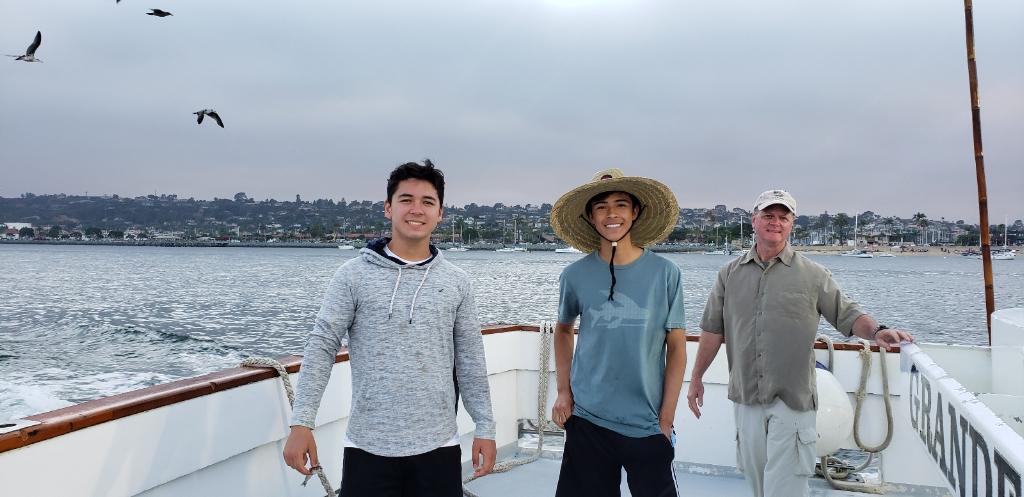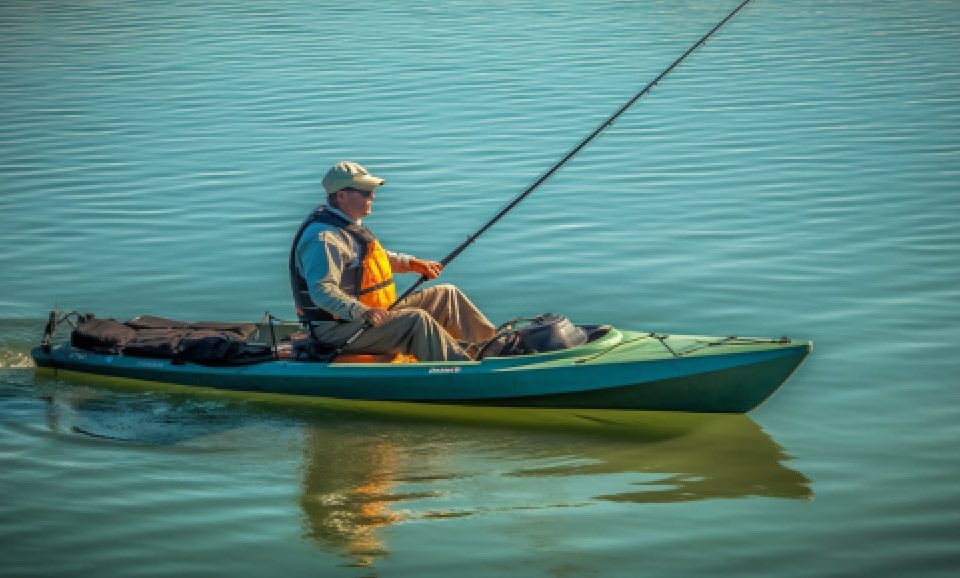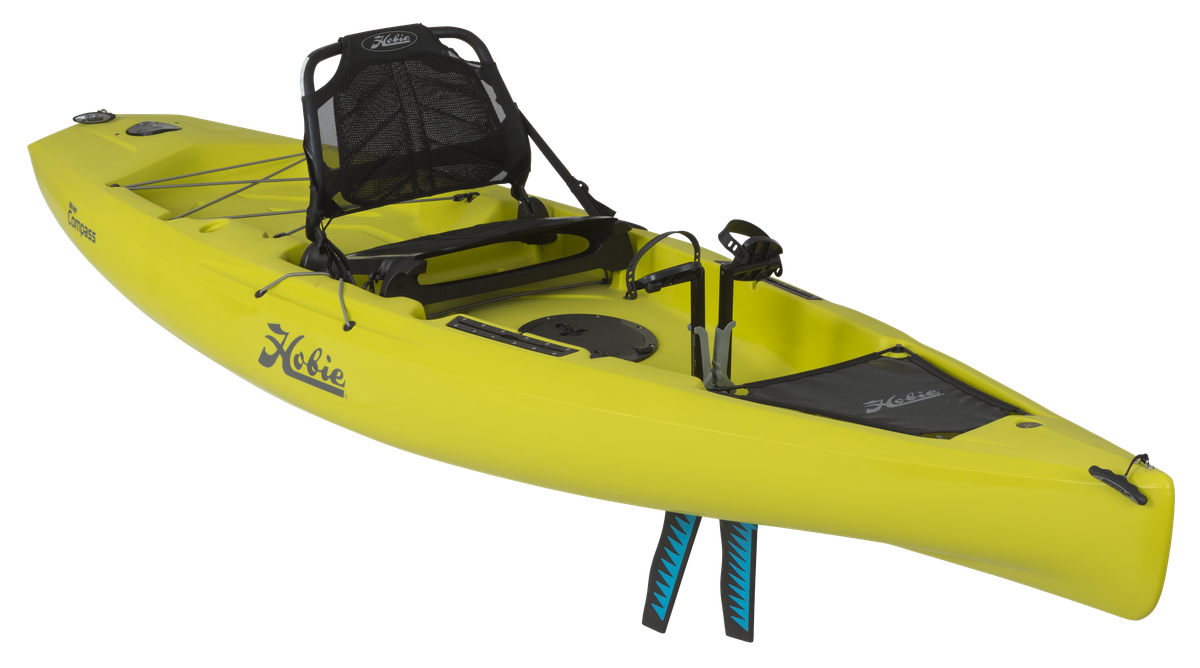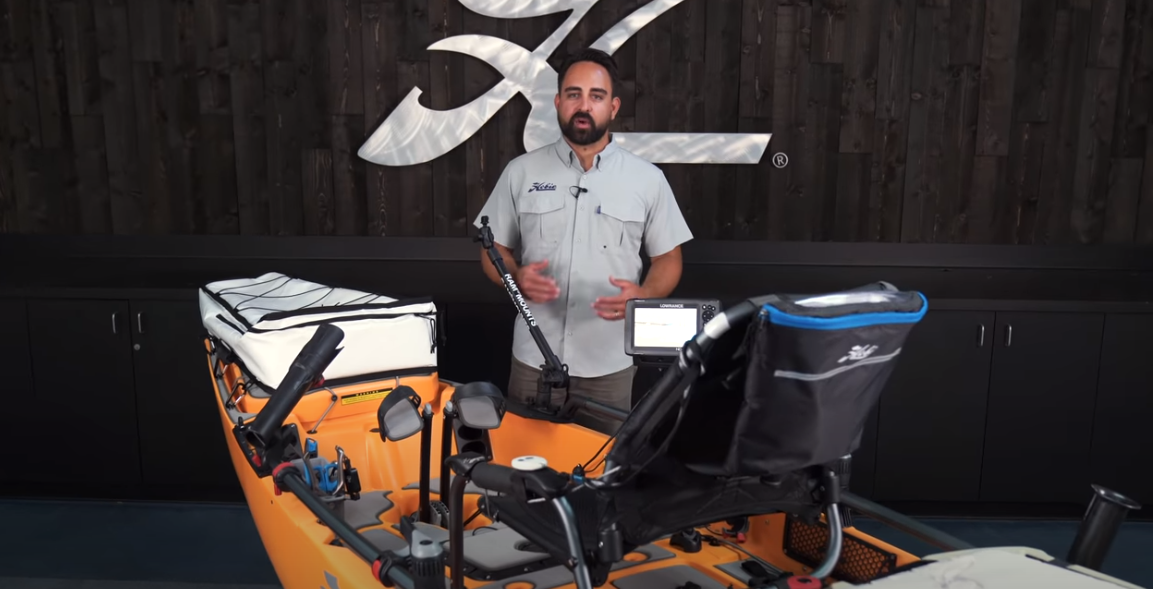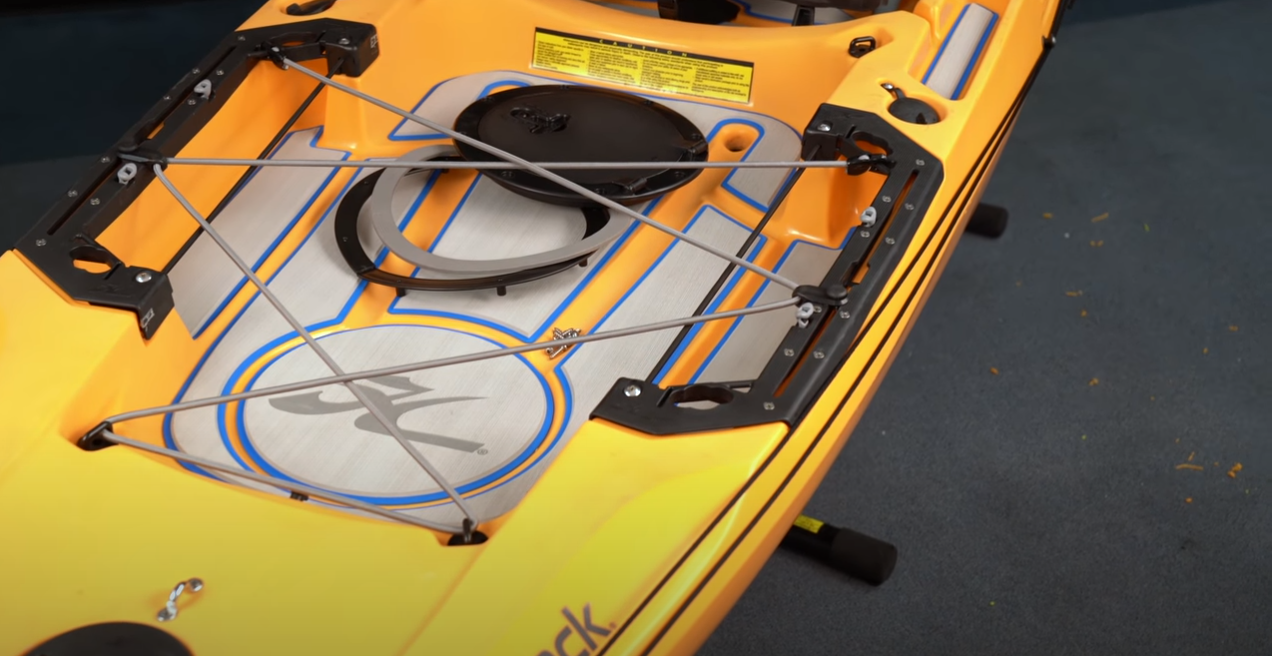
How to add a Rear Hatch on your 2019 Hobie Outback Kayak
January 13, 2021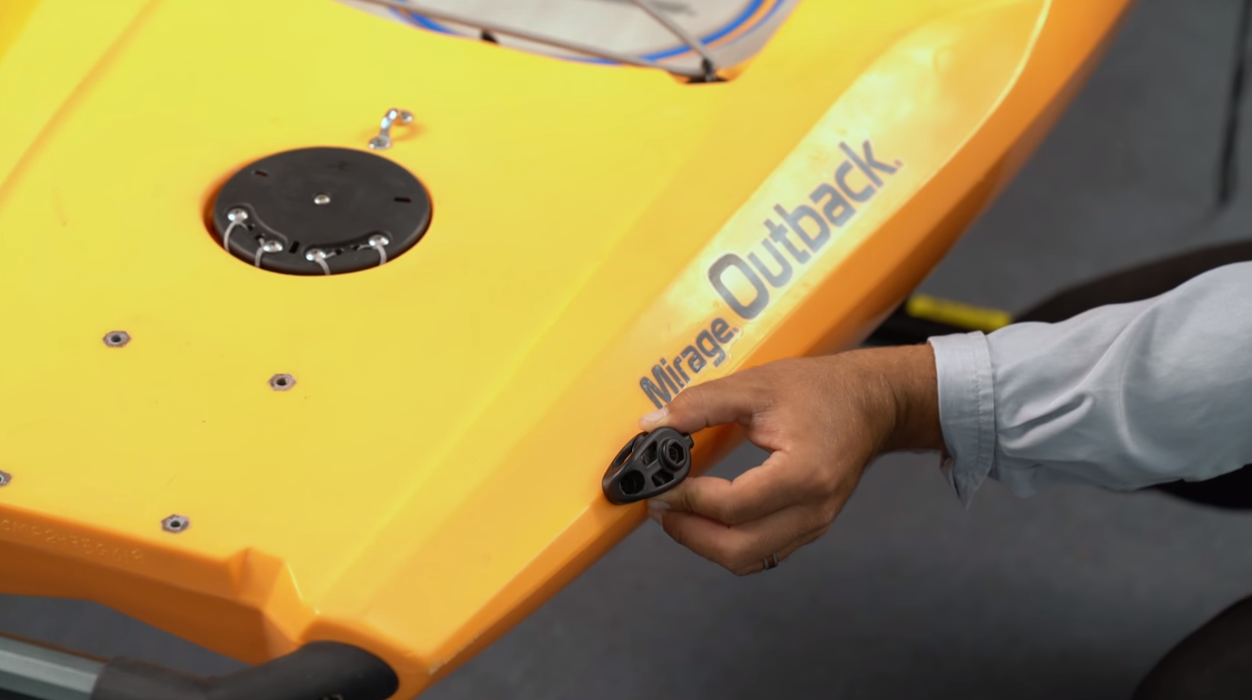
How to Easily Install an Anchor Trolley on your Mirage Outback
January 21, 2021By Hayden Vega
Boating and fishing are some of the most popular highways that people experience their local waterways. Regrettably, hazardou dress like littering and dropping while on the irrigate can drastically slacken an ecosystem’s health. It is estimated that over 100 million marine swine will die this year due to pollution alone. Practicing safe boating and fishing dress can help mitigate the effects of pollution and help your waterways flourish for many years.
As a boater, one of the most common environmental impacts is chemical pollution. Common boat soaps and boat draws contain poisonous chemicals such as cuprous oxide, which is a known biocide. Cuprous oxide pollution can result in a deadly fog of chemicals that drifts through the liquid line, developing in die off of animals such as aquatic plants and native fish species. By scavenge your ship on shore and using products without cuprous oxide, you can help mitigate the loss of marine life and keep your waterway health. Too, another way to mitigate your chemical jolt is by getting your ship checked by the U.S. Coast Guard. The U.S. Coast Guard offers free craft inspections and educational directions to make sure that your boat congregates the necessary safety and environmental standards within your position. This includes checking for any fuel or chemical openings that may be present. By adopting healthy boating practises, you can protect the health of your waterway for many years to come.
Along with boating, harmful net practices can negatively impact your waterways. As of 2018, there is an estimated 79, 000 metric tons of plastic in the Great Pacific Garbage Patch, with 46% being consisting of representatives of jettisoned fishing nets alone. One of the prime criminals of fishing contamination is discarded fishing line. A good tip-off for your next fishing trip is to take a reusable bag and use it as your designated line crate while you are out. The most common fishing line pollution is small bits of tag line that are trimmed from fishing bows. It may not seem like a lot, but those small-scale slice can add up by the end of the day. In addition, a health habit is to recycle your unsolicited angling string. Countless bodies of water have fishing line recycling receptacles available for you. If none extended to you, you can still recycle by send your angling order to a nearby net wrinkle recycling seed. Last time alone, the Boat U.S. Foundation’s Reel In andRecycle Program collected fairly fishing orders from their recycling receptacles to stretch from Washington D.C. to San Diego, CA. By practicing healthful net dress, you can help minimize your contribution to global pollution.
It’s important to understand that what we do on the spray has impacts on not only the environment but likewise the people around us. By practicing safer boating and fishing habits, we can minimize our impacts on the environment and ensure the longevity of the national resources we enjoy.
The post Safe Boating and Fishing Practices appeared first on Orange County Coastkeeper.
https://www.coastkeeper.org/safe-boating-and-fishing-practices/

